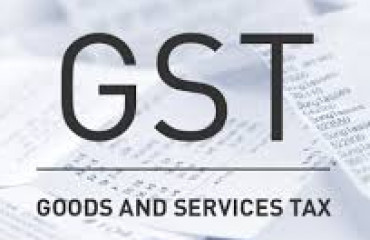
- 12 Jul 2023 05:41 PM
- New
GST Council clears 28% tax on online gaming on full face value amount, reduces GST on food served in cinema halls
GST Council clears 28 per cent tax on online gaming on full face value amount: West Bengal finance minister
Read More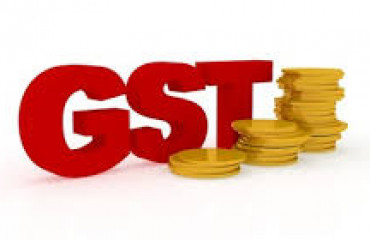
- 12 Jul 2023 05:51 PM
- New
GST Council reduces tax on food served in cinema halls to 5%; check details
The GST Council, in its 50th meeting today decided to reduce tax on food served in cinema halls from 18 per cent to five per cent.
Read More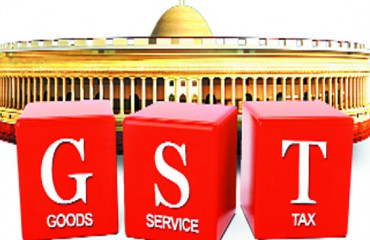
- 12 Jul 2023 05:57 PM
- New
New data tools can help analyse pixel-level economic dynamics
India was internally reorganized when the system of linguistic states was created in the first two decades after Independence. B.R. Ambedkar gave a succinct summary of the underlying principles: every state would have one dominant language, but every linguistic group need not be consolidated into a single state, which is why there are multiple Hindi-speaking states or why we have two Telugu states today.
Read More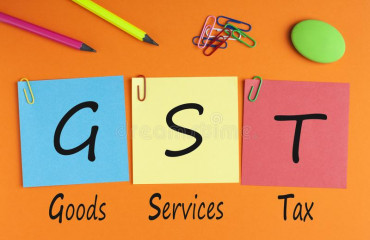
- 12 Jul 2023 06:00 PM
Ashneer Grover slams govt over 28% GST on online gaming: 'Time to enter politics or....'
Ashneer Grover had recently launched his own fantasy gaming named Crickpe
GST Council has decided that online gaming, casinos, and horse racing will be taxed at 28%
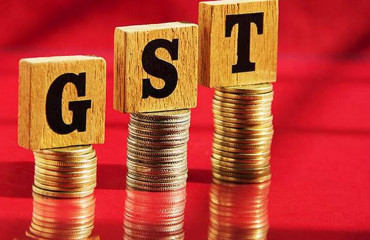
- 12 Jul 2023 06:08 PM
Online gaming industry hit by 28% tax; industry experts flag red, ask to rethink
‘It was good fun being part of the fantasy gaming industry - which stands murdered now. $10 Bn down the drain in this monsoon’, said Ashneer Grover
Read More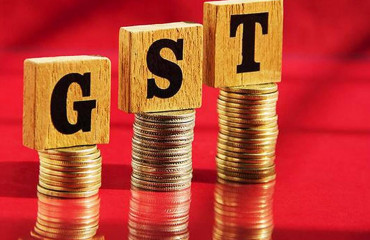
- 12 Jul 2023 06:17 PM
Delta Corp shares in focus tomorrow after GST Council clears 28% tax on online gaming
Delta Corp is a gaming and hospitality corporation that owns and operates casinos and hotels under several brands.
Read More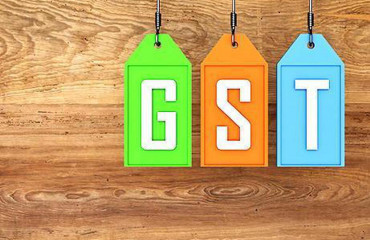
- 12 Jul 2023 06:20 PM
'Implementation of 28% GST rate will bring challenges to online gaming industry'
Finance Minister Nirmala Sitharaman on Tuesday said that the GST Council has decided to impose 28% tax on the turnover of online gaming, horse racing and casinos on full face value.
Read More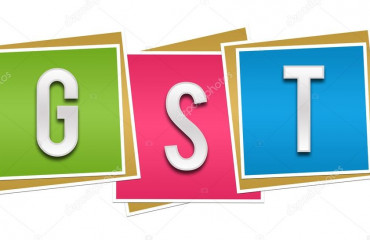
- 12 Jul 2023 06:23 PM
From 5% to 28% GST rates, here are key highlights of 50th GST council meeting
The 50th meeting of the GST Council concluded on Tuesday with the goods and services tax rate trimmed down to 5% in four items. Also, the council exempted GST on several imported pharma products. However, one of the biggest highlights was the 28% tax rate imposed on the full value of online gaming which is likely a setback for Indian players. The Revenue Secretary also clarified concerns related to ED interference in GSTN.
Read More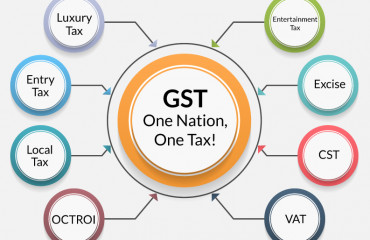
- 12 Jul 2023 06:53 PM
Delta Corp share price tanks over 27% in one day: Should investors buy, sell or hold?
Delta Corp share price cracked nearly 28% on Wednesday, recording its biggest single-day fall ever, after the GST Council levied a 28% uniform GST on online gaming, casinos and horse racing.
Read More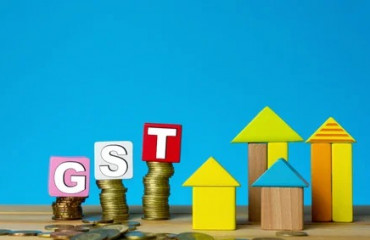
- 12 Jul 2023 06:27 PM
‘PMLA has nothing to do with GST’: Govt amid row over ED info sharing decision
The Centre's decision to allow the Enforcement Directorate to share information with the GST network has caused outrage among the Opposition. Critics argue that the amendment could affect traders paying taxes, while officials maintain that PMLA is unrelated to GST rules.
Read More